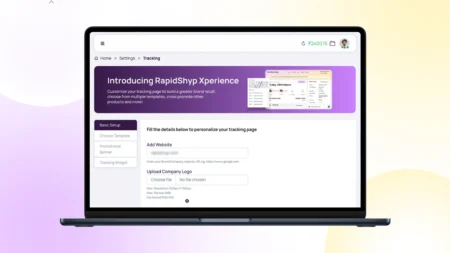Amazon is quietly starting to offer its transportation and logistics network as a service to third-party merchants, businesses, and direct-to-consumer brands in India, leveraging its large delivery chain to drive revenue in the key overseas market as the e-commerce giant tries to replicate a model it has been testing in the United States for several months.
The Amazon Shipping service provides “extensive reach and the highest reliability—all at the lowest logistics cost,” according to the company’s website. Amazon Shipping “will pick up your parcels and deliver them to your customers seven days a week,” the company adds.
The retailer, which has invested over $6.5 billion in India over the last seven years, claims to offer “competitive rates” on shipping and has a dedicated support channel. There is no extra charge for weekend deliveries, and customers are not bound by any contract for a consignment, allowing them to cancel the service at any time.
According to the website, it has partnered with local firms Shiprocket, Unicommerce, EasyEcom, ClickPost, and Vinculum for order and delivery management systems. According to an examination of the archived pages, the company has been testing the service in India for at least a few months.
As Amazon expands its shipping service, it may cause problems for local firms such as Delhivery, Ecom Express, and even legacy logistics juggernauts such as Blue Dart and India Post. Flipkart, the Walmart-backed rival of Amazon in India, also began to open its logistics network to third-party firms earlier this year.
With a service called Buy with Prime, Amazon opened its logistics network to third-party merchants in the United States earlier this year. Analysts believe that Amazon’s move will pose a greater challenge to competitors such as Shopify because it has built a nearly “impenetrable ditch in logistics.”
Even though it only serves Amazon, Amazon’s logistics are currently enormous and completely integrated from the fulfillment centre to the doorstep; the logical next step is to open it up to non-Amazon retailers, and that is exactly what is happening, Stratechery’s Ben Thompson wrote earlier this year.











